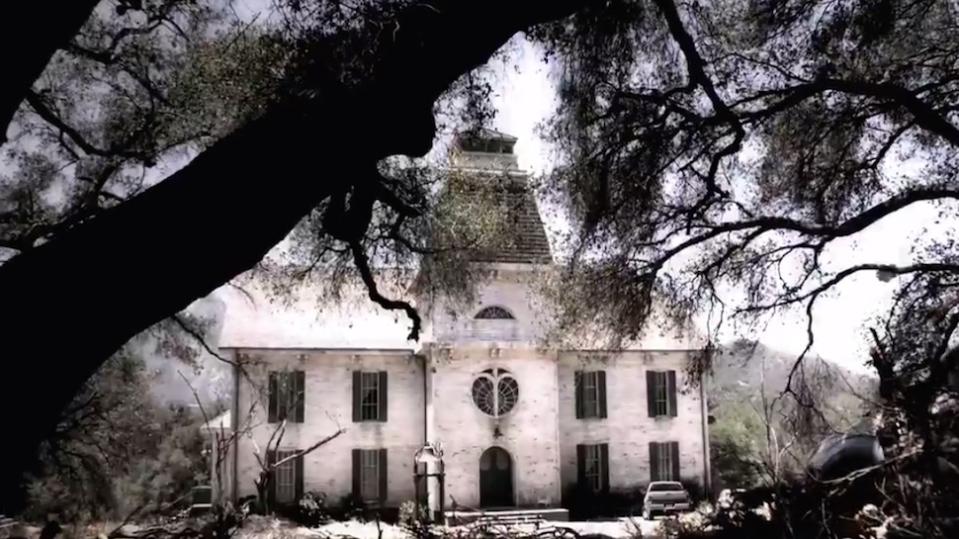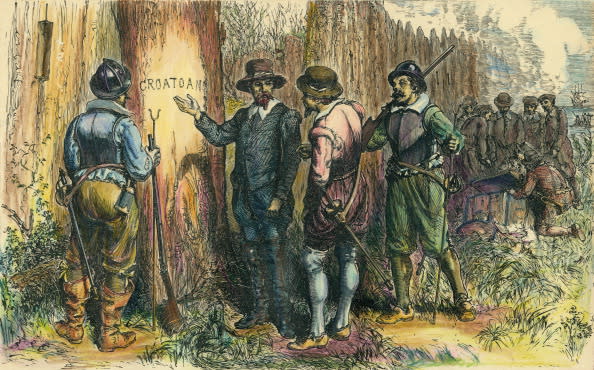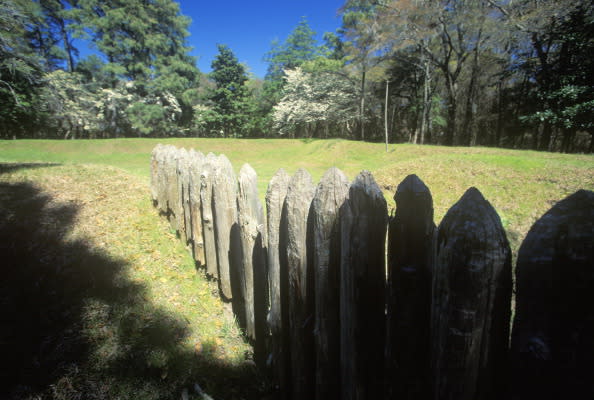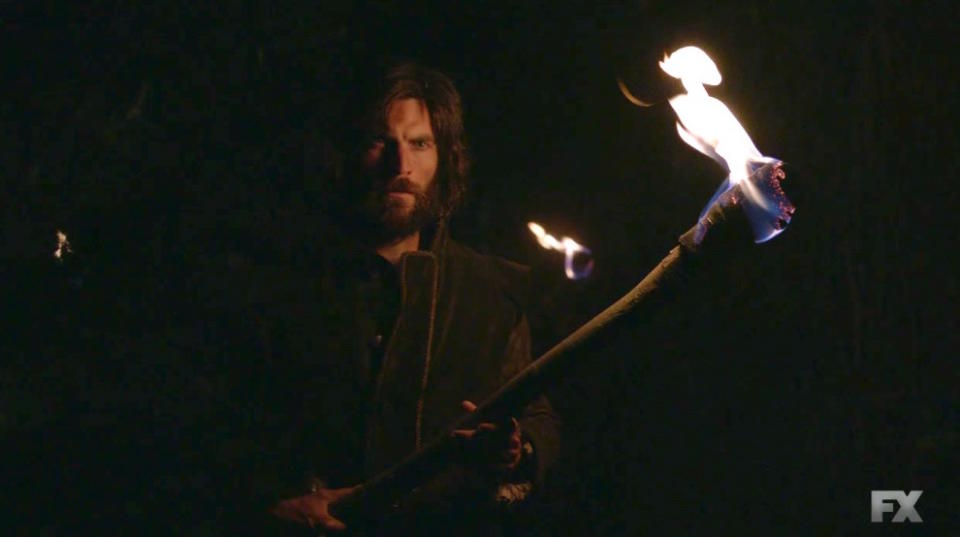7 incredibly spooky facts you need to know about the Lost Colony if you’re watching “American Horror Story”
7 incredibly spooky facts you need to know about the Lost Colony if you’re watching “American Horror Story”
This is your official American Horror Story spoiler warning! Stop reading unless you want the first episode of AHS SPOILED FOREVER.
So, with American Horror Story‘s Season 6 return last night (after weeks and weeks of agonizing teasers!), we’re sure you’re curious about the Roanoke Colony, which is the foundation for the television show’s sixth season.
Officially titled AHS: My Roanoke Nightmare, it takes place in Roanoke, North Carolina, which centers around one of history’s biggest mysteries. Before you watch any more episodes, you should know a little bit about one of the spookiest things to have ever happened on U.S. soil. (And maybe it’ll help you decipher all the craziness about to go down this season.)
1. The mystery behind Roanoke Island began with a baffling disappearance in the 1500s.
Englishman John White brought 100 settlers to the island from before he went back to his home country (England) to gather supplies. Three years later, he returned to Roanoke after being delayed by a war with Spain, and the Roanoke settlement had completely disappeared.
2. The colony left two vague clues behind that archaeologists have been using to investigate.
White found no trace of his settlers, other than a word carved into a fence post — “Croatoan” — and “CRO” carved into a tree. “Croatoan” was assumed to represent Croatoan Island, where the settlers may have gone to wait for White. Today, Croatoan is known as Hatteras Island. White tried to reach the Croatoan himself, but he encountered a storm that forced him to abandon the trip.
3. A non-profit foundation was created a few years ago dedicated to the Roanoke search.
Since its formation in 2004, the First Colony Foundation (FCF) has worked with researchers and archaeologists to examine the history of settlements in North Carolina, and has played a major role in attempting to solve the mystery of the Roanoke colony.
4. The FCF’s most recent discovery led archaeologists to Site X, where there’s a possibility of finding some answers.
The FCF prompted the British Museum to examine John White’s map of the area more closely using modern technology. Their efforts revealed a blue and red symbol hidden underneath one of White’s patches, which supposedly marked a new location the settlers were headed for. It was about 60 miles from Roanoke, which matches a plan White had to move the settlement 50 miles inland once he returned. Researchers have named it Site X.
5. Site X has yielded evidence of 16th century settlers since digging began in 2013.
Between 2013 and 2015, archaeologists discovered more than 30 artifacts during excavations at Site X, led by British archaeologist Mark Horton. Although many of the articles were dated after the Roanoke colony’s time, ceramic shards known as Surrey – Hampshire Border ware helped archaeologists to connect the site to Roanoke. Settlers of the Virginia company used the ceramics frequently, but the company failed in 1624. It’s likely that the Roanoke colony used the material as well.
6. A drought may have driven the settlers to Site X.
Karen Ordahl Kupperman, a historian at New York University, wrote about a “mega-drought” in her book, Roanoke: The Abandoned Colony. Caused by an El Niño, it was the worst drought the area had seen in 800 years. A Spanish colony in South Carolina abandoned their land in 1587 as a result of the drought, leading researchers to believe the Roanoke colony may have done the same.
7. The mystery continues.
Some researchers are not entirely convinced that Site X is where the Roanoke colony decided to relocate, since there’s no real concrete evidence yet. However, archaeologists, scientists, and even the public are still so intrigued by the “lost colony,” that the search for the reason behind their disappearance will continue.
The post 7 incredibly spooky facts you need to know about the Lost Colony if you’re watching “American Horror Story” appeared first on HelloGiggles.





